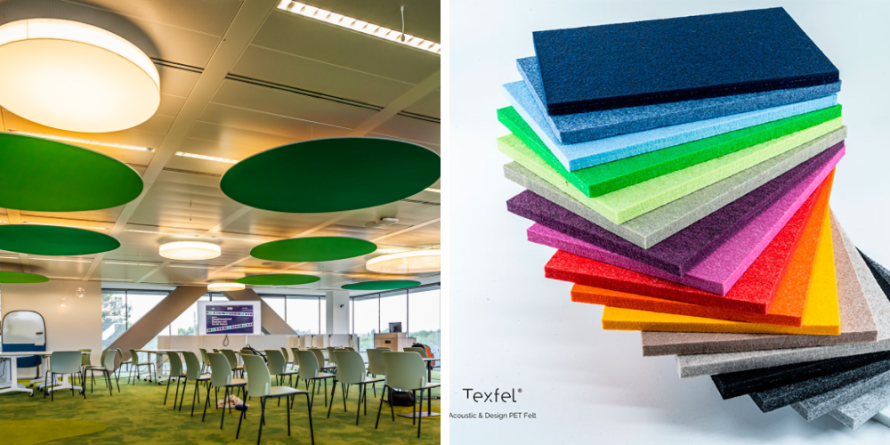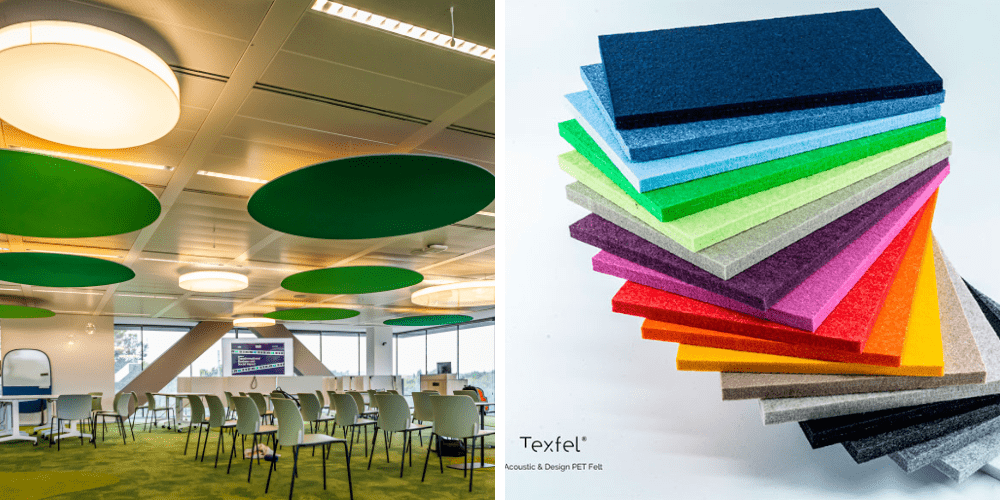
29 November 2023
How Environmental Product Declaration can push your brand into a sustainable and compliant future
Environmental Product Declarations: key tool for measuring products in terms of their environmental impacts throughout their life cycle
Sustainability concerns have reached a central role both in the decision making of many companies and in the choice of products by consumers. In this context, Environmental Product Declarations have emerged as a key tool for measuring products in terms of their environmental impacts throughout their life cycle.
The Environmental Product Declaration (EPD) is a standard label that collects information on a product’s ingredients and environmental impacts. They are based on Life Cycle Analysis, a holistic approach that considers all stages from raw material extraction to end-of-life.
Benefits of EPDs
Transparency: An EPD provides transparent and verifiable information on the impacts of a product before, during and after its manufacture. It provides information on production, distribution, use and end-of-life.
Comparison: EPD EPDs allow consumers to compare two products according to their degree of sustainability.
Continuous improvement: by knowing the impacts of all processes, companies can identify areas for improvement and focus their efforts on them.
Obtaining sustainable certifications: Within the construction sector, Environmental Product Declarations can play an important role in the degree of sustainability of a building, especially when it comes to obtaining LEED or BREEAM certification. These types of certifications take into account the use and installation of sustainable building materials, and EPDs act as a tool to evaluate and award points towards these certifications. By aligning their products with the Sustainable Development Goals, companies not only demonstrate their commitment to a future for the planet, but can also leverage opportunities for strategic collaborations and partnerships with organizations and governments committed to the global sustainability agenda.
Our customers already enjoy the benefits of EPD
In sustainable decision making, performing a comprehensive life cycle analysis is of great importance, as it gives us the possibility to have a holistic view of the impacts associated with a product. At EIG we understand that sustainability starts with having a complete understanding of the life cycle and we perform a comprehensive analysis to identify not only negative aspects such as emissions, but also opportunities for improvement and innovation throughout all stages. We have already helped clients such as Nofisol, Honext, Celco, Arktura, Cosentino, Oranit, Hormipresa or Fytisa to obtain EPDs for their products.
We accompany our clients throughout the process of development and verification of an EPD and we do it through an advanced Life Cycle Assessment software, much more agile and flexible than others, which allows us to determine the impacts more in line with reality, obtain more reliable data and with less margin for error. This software has been used for the Life Cycle Assessment of 2 of the EPDs that have been recently obtained, those of Fytisa’s acoustic panels.

What have been the benefits of applying this advanced software?
There are no imbalances for biogenic carbon, which is necessary to comply with the EN 15804 standard and which, if mismeasured, can lead to misreporting of the carbon footprint.
There is greater accuracy in waste management data. It collects EXIOBASE statistical information to associate each type of treatment by material to a waste management process. Therefore, it avoids generic data used in other software that do not reflect the particularities of each region.
Automates the calculation with greater precision for module D. At the end of the useful life of each material, the algorithm looks for the loads and benefits associated with its reuse and recycling.
Global sensitivity analysis, which gives us the possibility of knowing those parameters that introduce greater variety to the results, allowing us to improve the quality of the information by critical parameters.
In short, with this tool we can obtain more realistic and accurate results and, consequently, of better quality.
EPDs are becoming an essential tool for companies committed to transparency and sustainability, and EIG is on the road to achieving certified and transparent products that promote such practices. We are committed to continue leading, innovating and protecting our planet through responsible and transparent business practices aimed at generating a positive impact.